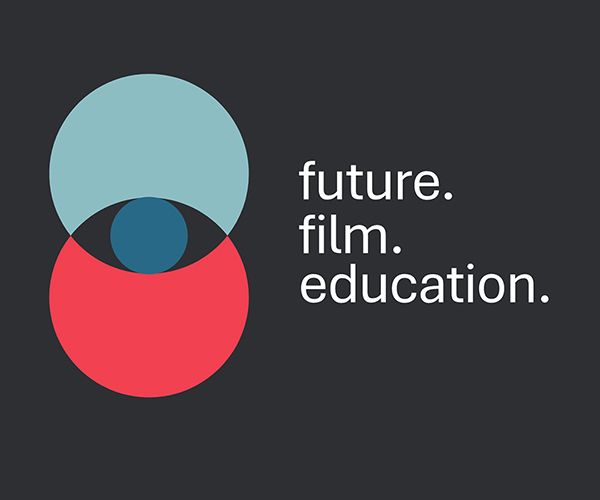future.film.education
ffe
2020-1-DE01-KA226-HE-005809
June 2021
N/A
Erasmus +
Past Projects
ifs internationale filmschule köln
Universidade Lusófona – FILM AND MEDIA ARTS DEPARTMENT
Moholy-Nagy University of Art and Design

The COVID-19 pandemic not only confronted Higher Education Institutions across Europe with diverse challenges, but it also revealed underlying problems within these. Students, teachers and staff were not adequately prepared for the rapid transition to online, blended and distance teaching and learning enforced by the pandemic. The lack of readiness was partly entrenched on missing knowledge, skills and training with tools and methods surrounding online education. Furthermore, latent inequalities quickly became clear factors negatively affecting access to quality education during the COVID-19 crisis. Certain groups of students have had special disadvantages in accessing the available solutions:
1. students who were personally (or whose families were) affected by the pandemic, either economically, health wise or due to increased unpaid care or domestic work;
2. international students, who found themselves unable to travel or overcoming additional bureaucratic hurdles to reach the countries they chose for studying;
3. students who could simply not afford the technical equipment or services needed to participate in classes.
Teachers and staff were of course not spared from some of these issues.
Film and art schools have had particular challenges during the pandemic, especially when trying to adapt practice- and work-based courses to online and distance learning. These subject-specific teaching, training and learning require close contact and collaboration between students themselves and with lecturers. The tools for online teaching, towards which most HEIs have turned to, are not readily adaptable to the particular needs of film and media courses. Finding better tools and methods for online teaching and learning for these groups is imperative so that students’ education is not hindered in the present, but mostly to allow them to acquire lifelong skills and competencies for adapting to the global challenges of the future in a responsible and inclusive manner as professionals shaping cultural products.
Simultaneously to the pandemic, the world was and is being confronted with social justice movements around gender, race and migration, which seem more urgent subjects to tackle than ever, given the current nationalistic backlashes and new forms of discrimination and inequality.
As a response to the educational and social challenges described above, and with the conviction of the cultural power of film and media for the support of democratic social change, the ifs, together with its partners, pursue the following objectives:
Overall objective:
Improve the quality and capacity of online teaching in European film schools while promoting diversity in film and media as a response to the educational and social challenges brought on by the COVID-19 pandemic.
Specific objectives:
1. Improve the quality of online teaching and learning in European film schools while reducing the barriers for groups of students who have difficulties in accessing quality online higher education
2. Promote and improve diversity in film and media through the adoption of a diversity curriculum in film schools.
The COVID-19 pandemic is a transnational challenge and asks for cooperation and exchange between Higher Education Institutions across Europe instead of competition and nationalistic backlashes. Furthermore, tackling diversity both within film schools and the film and media industry requires a multi-perspective approach, where different voices from different countries are part of the design and deployment of strategies towards creating a more equitable, diverse and inclusive society. Therefore, the ifs, together with its partners, wants to reinforce existing networks and pool resources and competencies in order to create an open source toolkit for innovative digital teaching and learning tools and methods aimed at european film schools through the development of a pilot online and blended curriculum with a special focus on “Diversity in Film and Media”.

